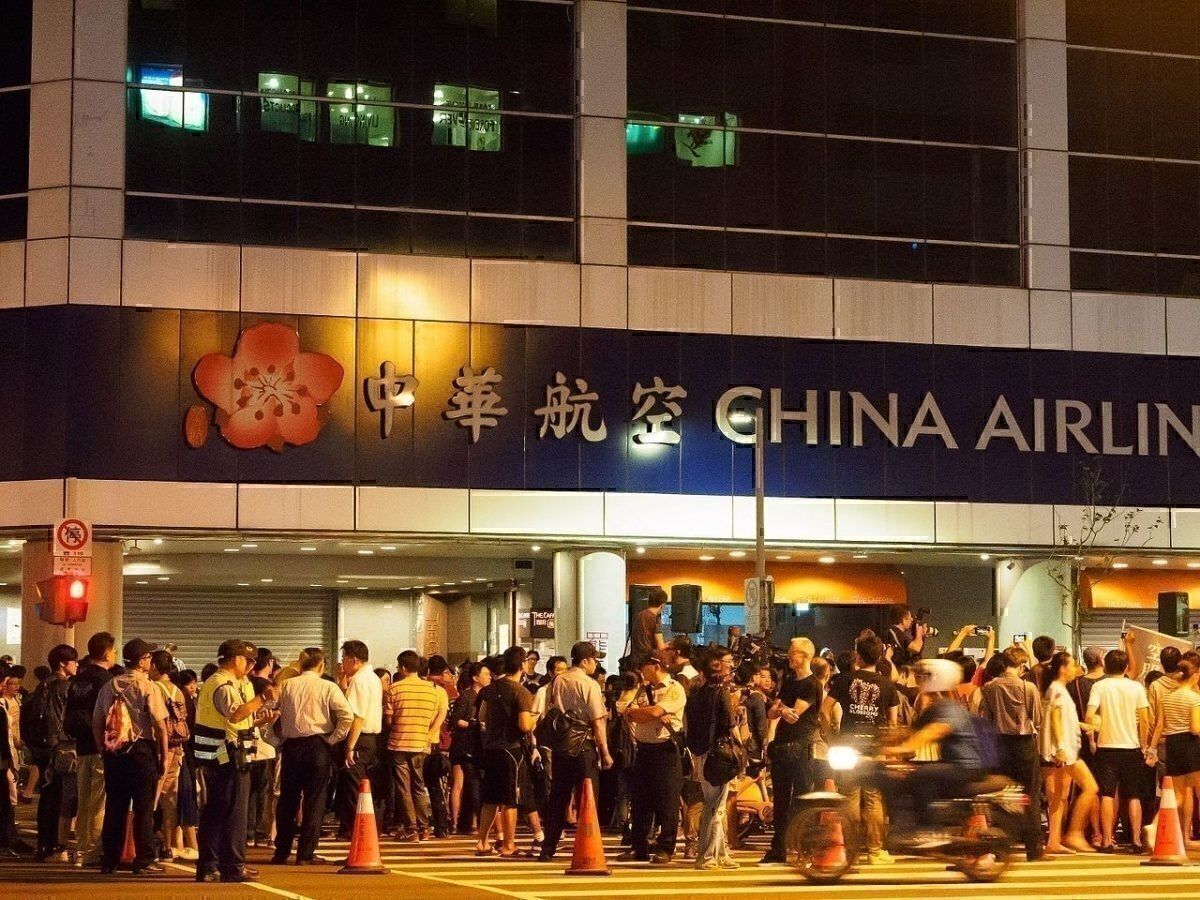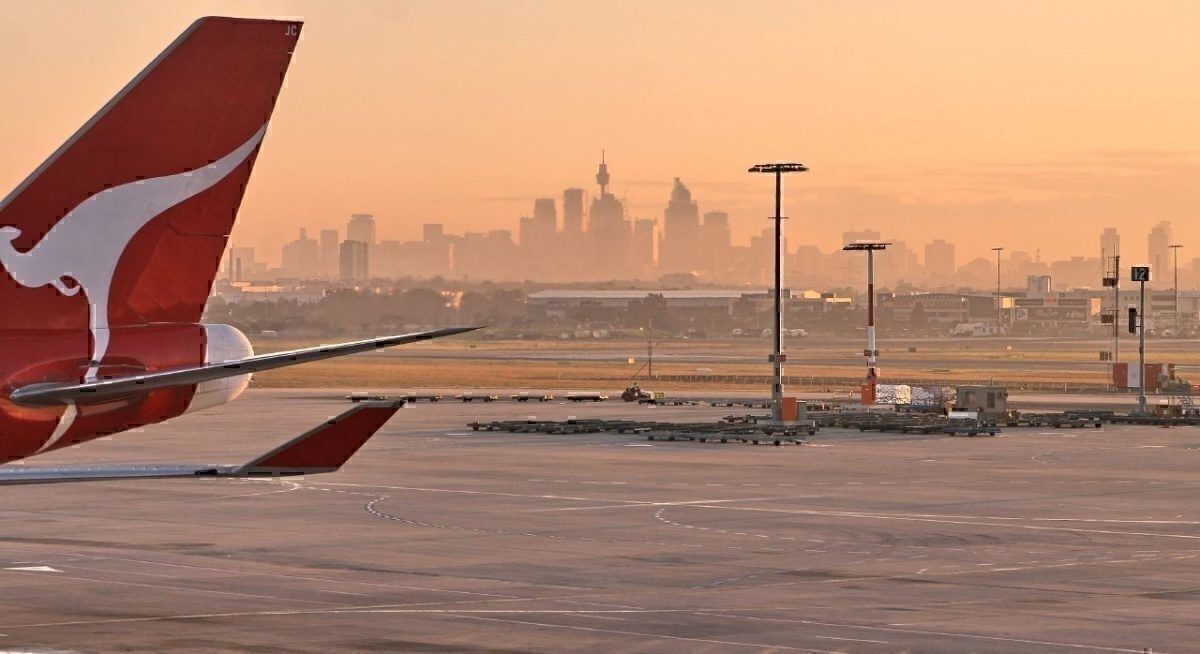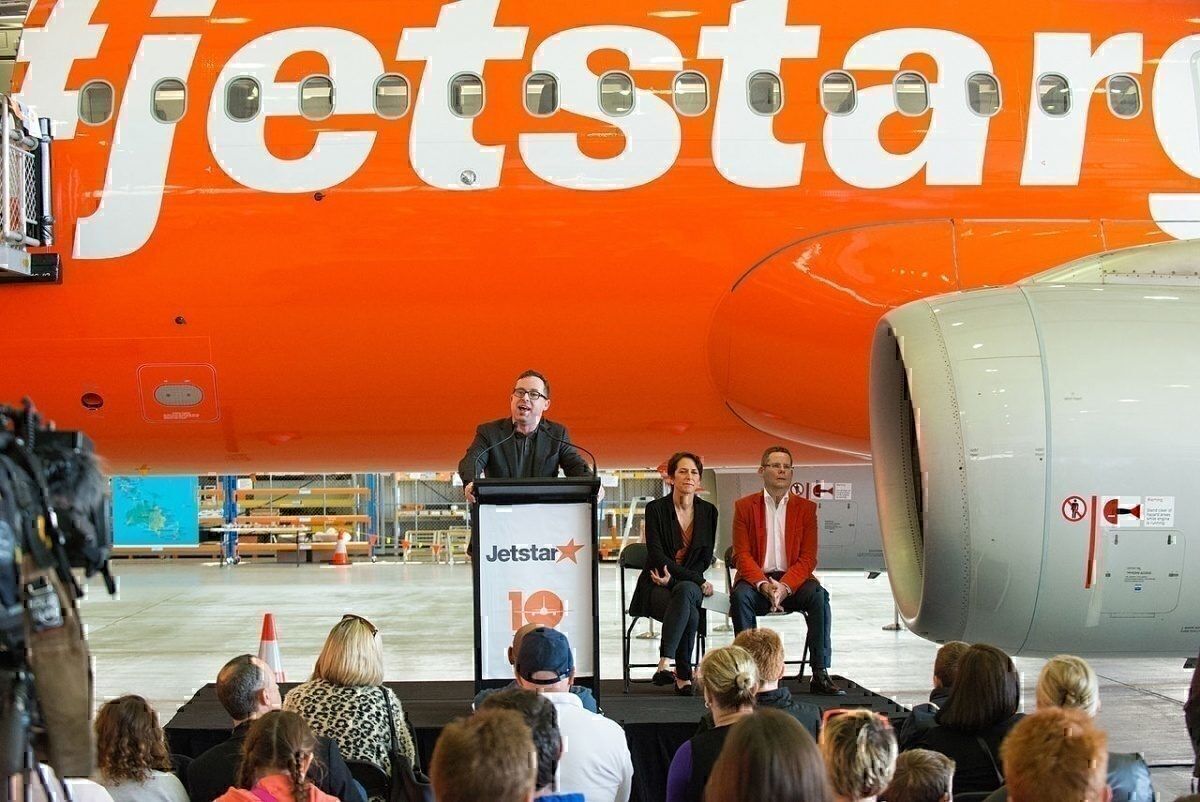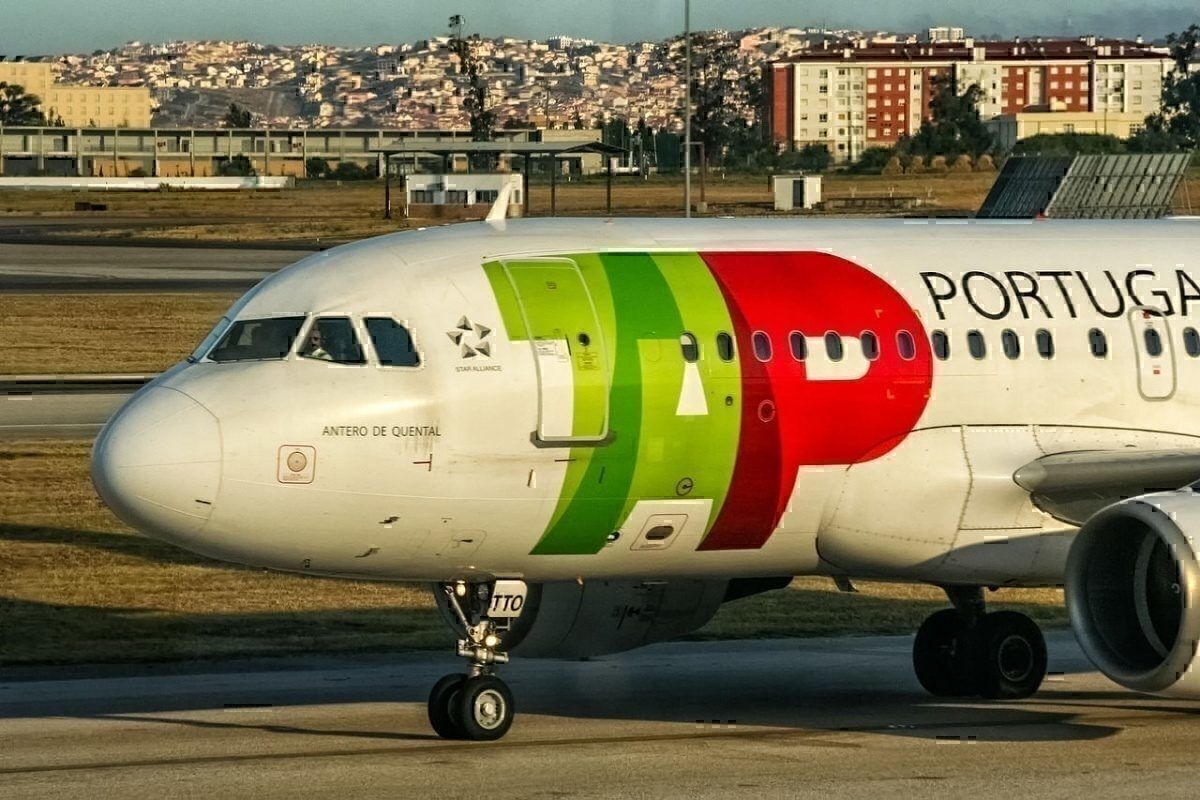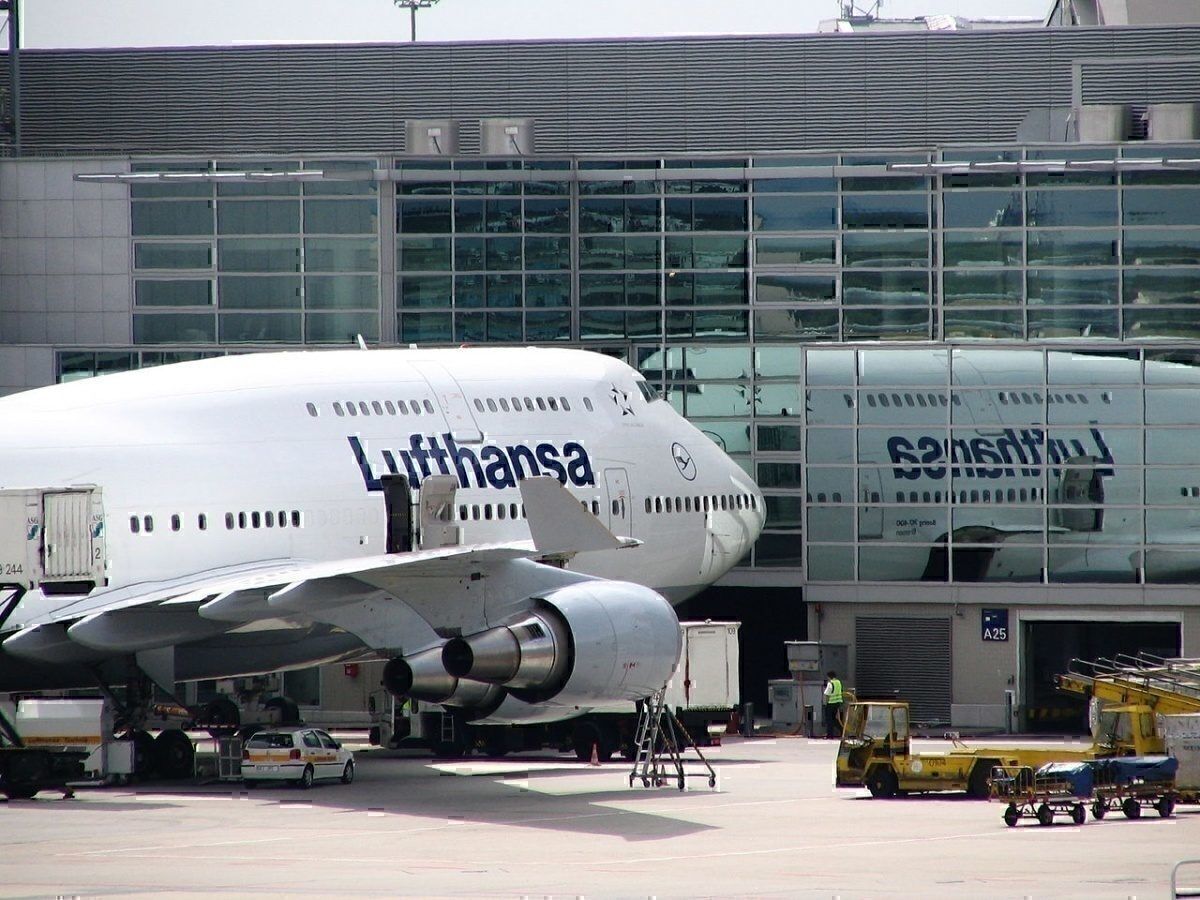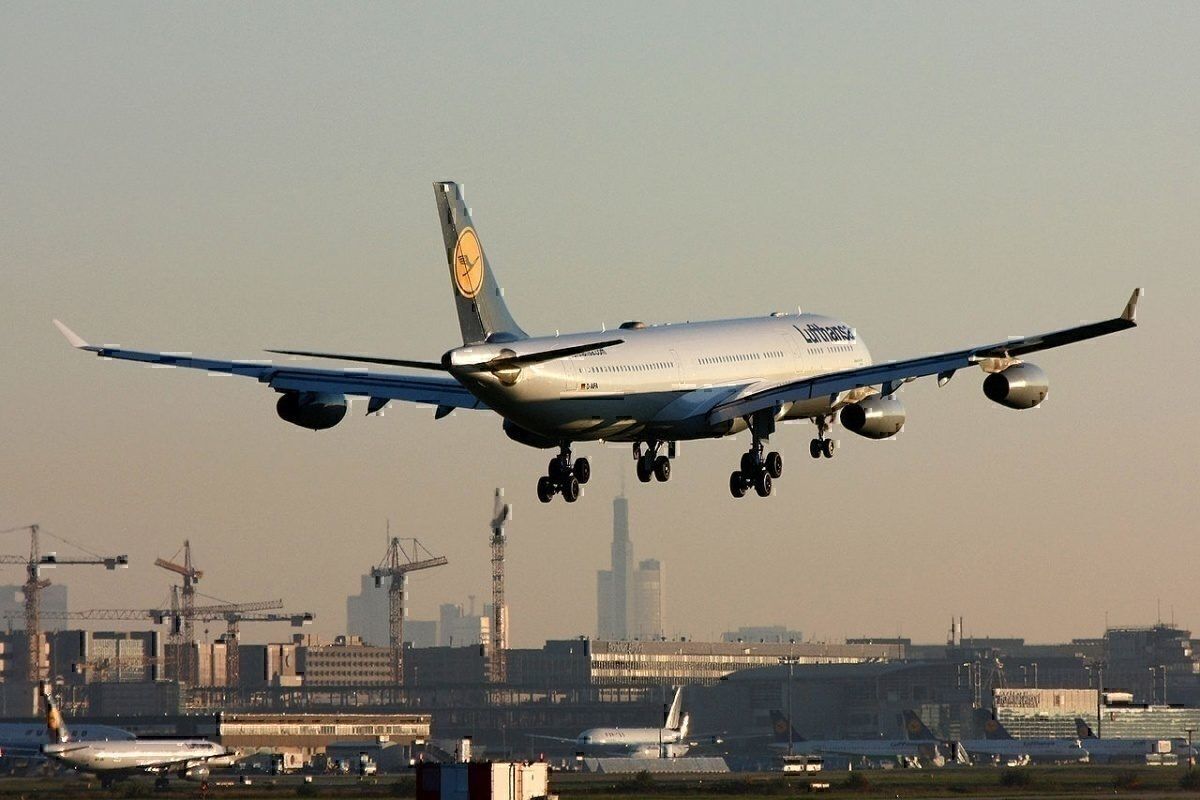With a pilot strike looming over British Airways, it could be prudent to look at strikes from bygone years. Here, we explore three historic, and markedly different, examples of pilot industrial action.
2011 Qantas industrial dispute - a case of external involvement
Facing a precarious position in the international market, Qantas announced a major restructuring in August of 2011 which could have resulted in around 1,000 job losses.
Moreover, in a bid to bolster its international position, the airline proposed the establishment of an Asian-based subsidy, prompting fears of outsourcing and pay cuts.
In response to employee fears, various unions representing Qantas' long-haul pilots, engineers, catering, and baggage staff held secret ballots on industrial action and prepared bargaining positions.
In an unprecedented move, Qantas CEO Alan Joyce unilaterally announced the grounding of the entire domestic fleet and an employee lock-out on the 29th of October.
Two days later, amid fears of widespread concerns over the lock-out's impact on the Australian economy, the national Ombudsman ordered the parties to find a binding solution to their woes or face mandatory arbitration.
While the airline eventually obtained temporary relief from industrial action, it ultimately took years for the airline to reach long-lasting agreements with unions.
2015 TAP pilot strike - when a strike runs its course
In May 2015, pilots working at TAP Air Portugal announced a ten-day strike over the government's plans to privatize the struggling airline.
Pilot unions were not against privatization itself. Rather, unions accused the government of failing to honor a 1999 agreement which would have set aside a significant percentage of the company for employee ownership should the state-owned airline be privatized.
In addition to demanding between 10-20% of the airline's shares, pilots also sought the payment of seniority bonuses which had been frozen since 2011. The pilots ended their industrial actions after ten days, reportedly costing the airline €35m, according to MRO-Network.
Unlike the 2011 Qantas industrial disputes, however, pilots acted alone and lost support from their fellow co-workers and the general public alike.
Later that year, the government partially privatized the TAP Group, maintaining a 50% stake in the airline and selling a 45% share to David Neeleman's Atlantic Gateway company. Pilots and other employees only received 5% of shares in the company.
2010 Lufthansa Strike - dialogue averts major disruptions
In February 2010, pilots at Lufthansa announced a four-day strike (February 22nd-26th) following the breakdown of talks between unions and the airline.
At the time, the union, Vereinigung Cockpit, demanded that the airline universalize pay and conditions to all crews. Further, Cockpit requested a 6.4% pay increase and more decision-making power, and assurances around job security.
As talks failed, employees walked out on Monday the 22nd of February, leading the airline to cancel more than 1,000 flights. One day later, Unions and Lufthansa had announced that they had agreed to return to the negotiation table after a consensus had been reached before a Frankfurt labor court.
The February 23rd agreement ensured a two-week strike "truce", a review of demands and a mutually agreed-upon mandate to return to the negotiation table.
While the one-day walk-out impacted Lufthansa throughout the week, the potential commercial impacts of the industrial action were significantly mitigated. The parties settled the dispute a few months later.
How do you think a British Airways pilot strike could play out? Will the British flag carrier take a different approach to Ryanair? How can airlines better manage, or even mitigate, disruptive industrial actions? Let us know in the comments.

